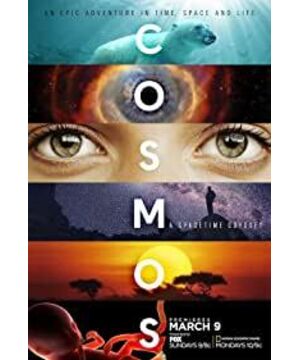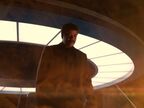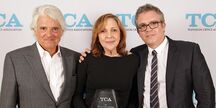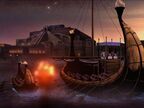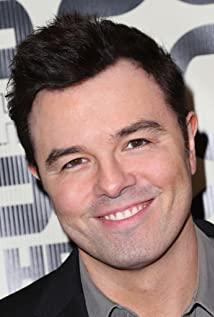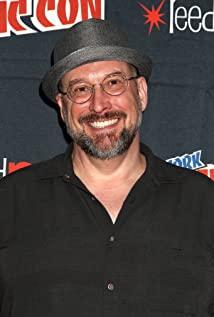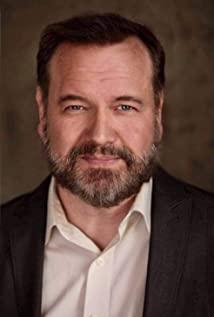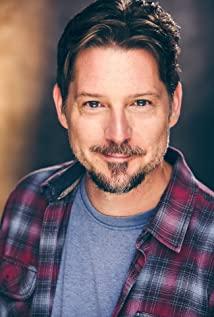first episode. We are so small, yet so great. 1. Compress the history of the universe into one year. All the human legends we know of, all appeared in the last 14 seconds. And modern science was born in the last second, and all the progress we have made since 1600 has only just begun from this second.
Episode two. The world we see is different, and what the naked eye sees is only the wavelengths it can receive. 1. It is in the nature of scientists to question what people take for granted. For example, everyone is used to having different colors of light. But only scientists have wondered whether some colors of light have more energy than others.
Episode three. We are not specially designed, and natural selection is not an opinion, but a scientific fact. All life on earth stems from the same origin.
Episode 4. We can now only go back 380,000 years after the birth of the universe, which was the Wall of Eternity, the moment when light was born. Going further, maybe neutrinos are that crucial key. 1. In a general sense, no real touch is possible. That's just the repulsive force between the electrons.
Episode 5. In such a densely informative documentary, there is an episode devoted to Newton and Halley. This is a huge compliment to human genius.
Episode 6. How romantic, the stars are all ghosts of the distant past.
Episode seven. Different conclusions can be drawn from the same data. Scientists’ judgments begin to affect policies and public opinion. Some people insist on the truth, while others care about interests. For whatever purpose, there will always be disagreements, which is also a good thing, because the spirit of science requires questioning.
Episode eight. We are all made of stardust. 1. A team of women led by a female scientist, Anne Cannon, spent decades classifying hundreds of thousands of stars according to their spectral properties. Another female scientist, Payne, read out the larger meaning behind it.
Episode ninth. In the 4.5 billion-year history of the earth, nearly 10,000 years of good luck are the interglacial periods, and our civilization has developed. In the past, life on Earth has experienced at least 5 mass extinctions, and our ancestors survived by perseverance and luck. In the face of natural shaping and climate change, human beings do not need to think highly of their influence at all, and at the same time, they should treat their luck well and not die.
Episode ten. In one episode, it talks about Faraday, a scientist in his 60s who suffers from amnesia and depression, but made the greatest discovery in his life. The impoverished childhood made mathematics an insurmountable obstacle for him, and God sent Maxwell, who lived a superior life, to prove the greatness of Faraday and himself in mathematical language.
Episode eleven. Life is extremely tough and can survive for thousands of years in the harsh environment of space. Life is likely to come from extraterrestrial planets, and the probability that a planet will be hit by an asteroid is a certainty over a period of billions of years. A life-bearing planet, thrown into space after an impact, has the potential to spread life to another planet, or even another galaxy.
Episode twelfth. Science has proven that the culprit of the greenhouse effect is us. Using scientific knowledge, it is not too late to save. It is because of our ancestors' ability to think long-term that they overcame difficulties one by one and passed down the human race. We also have the ability to leave a beautiful home for future generations, the key is how we do it.
Episode Thirteen. dark matter. Switch the perspective to the cosmic picture, and you can't see a planet in a galaxy with the naked eye. The creatures on it claim to know all the secrets of the vast universe. Do you believe it? In the same way, there is still a lot we don't know about the universe. The spirit of science is to admit one's ignorance.
View more about Cosmos: A Spacetime Odyssey reviews


